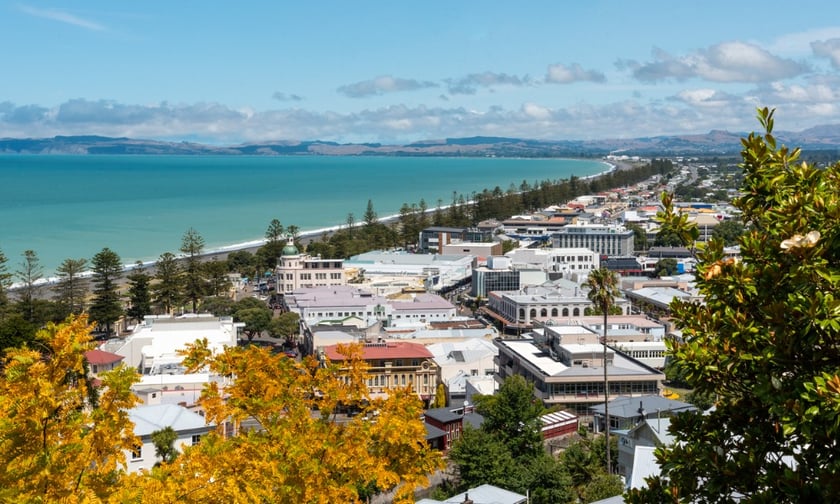

In the Hawke’s Bay region – where the combined flow of the Tutaekuri and Ngaruroro Rivers in February 2023 was estimated as among the biggest floods ever recorded in New Zealand – a flood review report is recommending, among other things, that significant past flood events be included in flood frequency assessments and that flood risks be accurately quantified as part of Hawke’s Bay Regional Council’s (HBRC) flood event management.
The independent flood review was commissioned by HBRC in the aftermath of last year’s Cyclone Gabrielle. The goal was to examine the circumstances and contributing factors that led to the extensive inundation across the region, which resulted in more than $5 billion in financial losses.
“HBRC should ensure that robust systems are in place to alert the community when trigger levels are being approached or exceeded and ensure Civil Defence has all the information it needs to undertake its functions,” reads part of the report. “This could include providing greater public access to HBRC river flood forecast information.”
“While New Zealand’s climate adaptation response will be led by the government’s climate adaptation framework, initiatives aimed at building more resilience houses must be set in consultation with local councils, mana whenua, communities, and private industry. In doing so, we will be better placed to support recommendations such as those within this report.”
In July 2024, Insurance Council of New Zealand Te Kāhui Inihua o Aotearoa chief executive Kris Faafoi pointed to the urgency of the climate crisis and the need for a “clear and coordinated” government-led approach.
Meanwhile, Suncorp went on to tell Insurance Business: “We look forward to engaging with central government on the development of both the updated Emergency Management Bill, which will present an opportunity to address some of the report’s recommendations, and renewed RMA (Resource Management Act) reform, which will empower councils to give greater consideration to natural hazard risk in planning and consenting decisions.”
The spokesperson added that Suncorp New Zealand is keen to support resilient communities while delivering on its climate change commitments as part of being a responsible and fair insurer.
“We live by our purposes of building futures and protecting what matters, which is why we strongly advocate for taking a long-term view of planning and land use controls, structural works, and land management that take into consideration the impacts of climate change,” Suncorp said.
What do you think about this story? Share your thoughts in the comments below.
